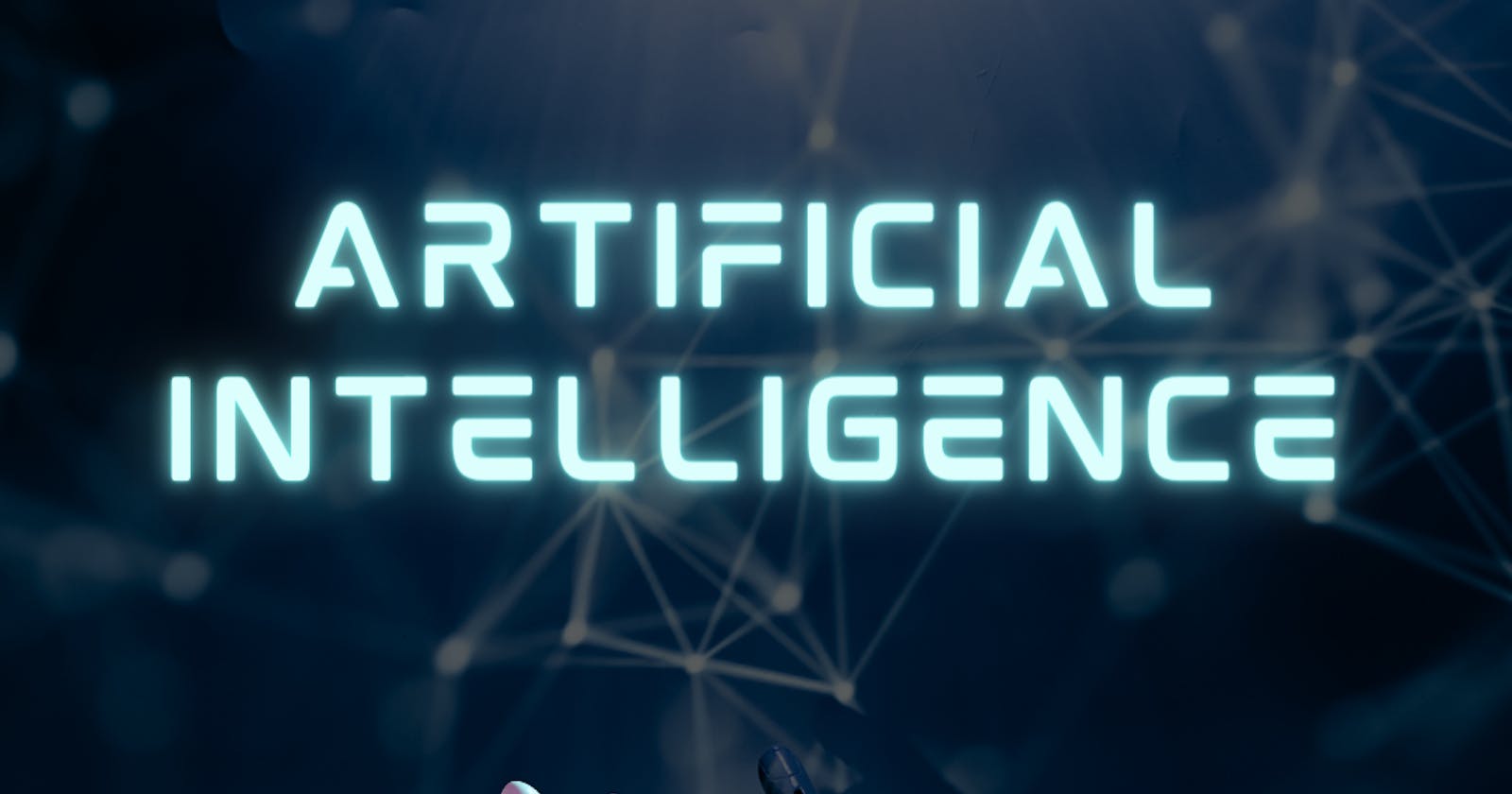It is the science and engineering of making intelligent machines, especially intelligent computer programs. It is related to the similar task of using computers to understand human intelligence, but AI does not have to confine itself to methods that are biologically observable.
At its simplest form, artificial intelligence is a field, which combines computer science and robust datasets, to enable problem-solving.
It also encompasses sub-fields of machine learning and deep learning, which are frequently mentioned in conjunction with artificial intelligence. These disciplines are comprised of AI algorithms which seek to create expert systems which make predictions or classifications based on input data.
There are a number of different forms of learning as applied to artificial intelligence. The simplest is learning by trial and error. For example, a simple computer program for solving mate-in-one chess problems might try moves at random until mate is found. The program might then store the solution with the position so that the next time the computer encountered the same position it would recall the solution. This simple memorizing of individual items and procedures—known as rote learning—is relatively easy to implement on a computer.
There has been considerable success in programming computers to draw inferences, especially deductive inferences. However, true reasoning involves more than just drawing inferences; it involves drawing inferences relevant to the solution of the particular task or situation. This is one of the hardest problems confronting AI.
The ideal characteristic of artificial intelligence is its ability to rationalize and take actions that have the best chance of achieving a specific goal. A subset of artificial intelligence is machine learning (ML), which refers to the concept that computer programs can automatically learn from and adapt to new data without being assisted by humans. Deep learning techniques enable this automatic learning through the absorption of huge amounts of unstructured data such as text, images, or video.
Artificial intelligence is based on the principle that human intelligence can be defined in a way that a machine can easily mimic it and execute tasks, from the most simple to those that are even more complex. The goals of artificial intelligence include mimicking human cognitive activity.
The applications for artificial intelligence are endless. The technology can be applied to many different sectors and industries. AI is being tested and used in the healthcare industry for dosing drugs and doling out different treatments tailored to specific patients, and for aiding in surgical procedures in the operating room.
